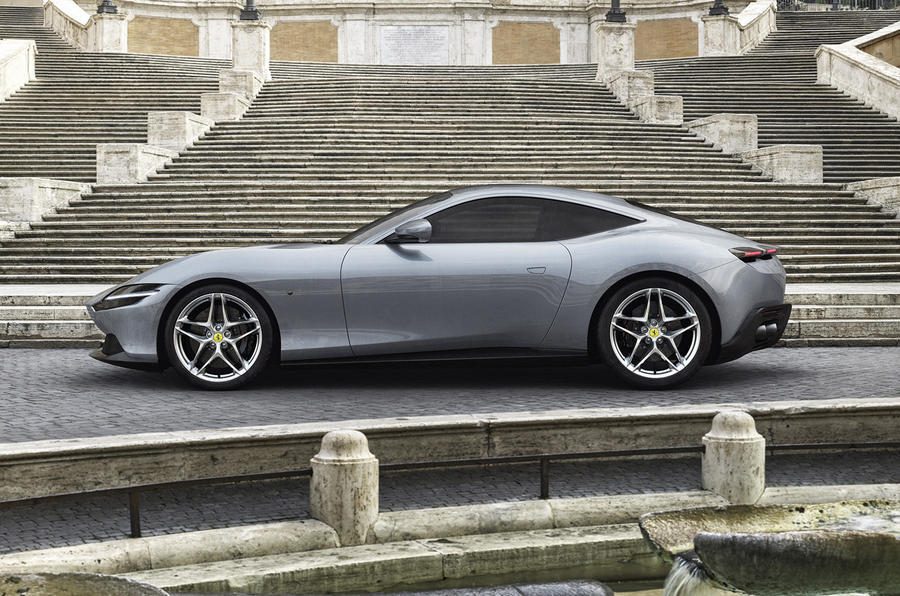Can we talk rivals? We do that a lot, I grant you, but that’s for a number of reasons, chief among which is it helps place a car in context.
But it’s also because car makers do it, too. There is so much benchmarking that there are even companies whose entire existence is tearing down new cars to their constituent components, estimating a price for them, one by one, working out how they’re constructed and selling that information to other car makers.
I quite often hear the argument that the further up the food chain you go, competitors matter less. If you’re in the market for a city car, then you will find that a Hyundai i10 has been measured and tested to the millimetre, kilogram and – most important – penny against the cars you might consider instead. With a Rolls-Royce Phantom? Not so much. Up there, individuality is key, and you can – in fact, should – turn your back on everybody else.
That’s a memo Ferrari didn’t read. Perhaps it’s Ferrari’s racing origins – a sphere where one is never without competition – but this is a company known for looking around. Usually, given its position, over its shoulder.

This goes back a long way. The F40 might not have been created because of the Porsche 959, Ferrari marketing chiefs telling Autocar at the time that “it would have happened anyway”, but it did have the Porsche front of mind and the F40’s rawness was, in some ways, so that it deliberately was not like the 959. And during the past decade, McLaren’s and Ferrari’s focus on each other has been far more serious in business life than any words or tests on magazine pages. I’ll come to the McLaren Elva in a moment, but I’m unconvinced the announcement of that and a new Ferrari on the same day was a total coincidence.
















Join the debate
Add your comment
Aston Martin rip off.
If you compare a DB11 with the Roma, the stylings are very similar. If you look at the profile they are almost identical. So am I right in assuming that these days competetiveness = copying others?
Not the first time either.
I agree, a very stunted article, the aroma is nice, a different Ferrari if you like, we all like different aspects of cars and that's fine.......
I agree, a very stunted
I agree, a very stunted article, the Roma is a nice car, not Ferrari enough for some,but hey, we all don't like the same cars, that would be a bore.
"Read more"
Turns out: No!, the abrupt end was all he wrote!
It's a shame really because
4rephill
That amused me very much.